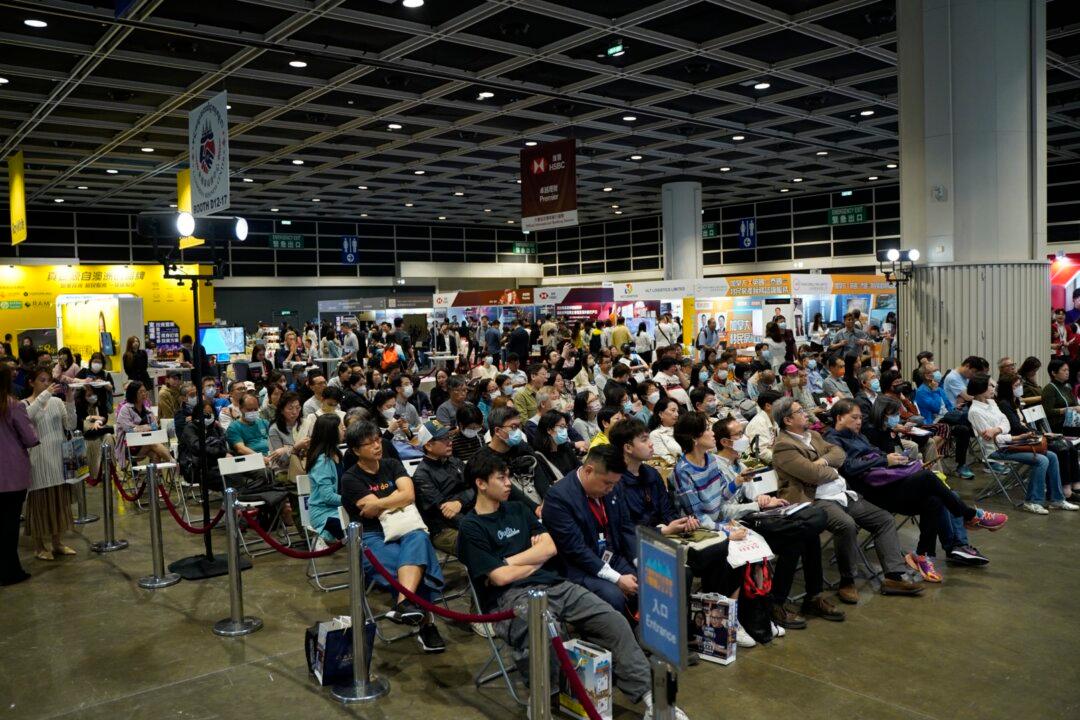In the wake of Article 23 of the Basic Law coming into effect on March 23, the general public expects it is likely to trigger a new wave of emigration. Coincidentally, starting March 23, a two-day “International Immigration and Property Expo” was held at the Wan Chai Convention and Exhibition Centre. The event was well received, with more than 25,000 early bird registrations, and the venue was crowded on the first day. Among the attendees were parents bringing their children along, and the many seminars and talks on site were invariably packed with patient audiences. Most of the people interviewed said that the main reasons for their intention to emigrate were closely tied to the scare they have in their children’s education, as well as the deterioration of the political environment (in Hong Kong), among others.
Ms. Wong, who attended such an expo for the first time, admitted during an interview with the Epoch Times that she began thinking about emigrating to the UK with her family a few years back. Her current plan is to stay for another two years until their two children, aged 15 and 16 respectively, complete their Hong Kong Diploma of Secondary Education Examinations (HKDSEE) and then move to the UK for their further studies. She hopes to obtain more information at the exhibition to help her make an optimal emigration plan, such as how she could best manage the tax issues arising from her properties in Hong Kong, etc., after landing there. As regards employment, Ms. Wong, who works in the accounting industry, said that she does not plan to continue working after emigrating, but her husband may try to find a “blue-collar” job again.




